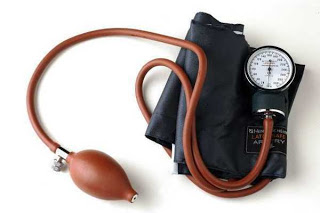Almost half of Americans did not receive routine preventive care before 2010, study finds

 |
| Los Angeles Times graphic by Mel Melcon |
Though preventive medicine is considered a cornerstone in
improving health, nearly half of Americans did not receive routine preventive
care before 2010, a report by the Centers for Disease Control and Prevention
has found.
improving health, nearly half of Americans did not receive routine preventive
care before 2010, a report by the Centers for Disease Control and Prevention
has found.
The findings show “there are large disparities by
demographics, geography, and health care coverage and access” when it comes to
receiving preventive clinical services, said CDC Director Dr. Thomas Frieden.
demographics, geography, and health care coverage and access” when it comes to
receiving preventive clinical services, said CDC Director Dr. Thomas Frieden.
The analysis looked at “how many people with vascular heart
disease were prescribed aspirin or antiplatelet therapy to prevent heart
disease (just 46 percent) and how many adults with hypertension had their blood
pressure under control (just 43 percent). Only 28 percent of adults between 18
and 64 had received the seasonal influenza vaccine. Only 7.6 percent of tobacco
users were prescribed tobacco cessation medication,” reports Eryn Brown for the
Los Angeles Times.
disease were prescribed aspirin or antiplatelet therapy to prevent heart
disease (just 46 percent) and how many adults with hypertension had their blood
pressure under control (just 43 percent). Only 28 percent of adults between 18
and 64 had received the seasonal influenza vaccine. Only 7.6 percent of tobacco
users were prescribed tobacco cessation medication,” reports Eryn Brown for the
Los Angeles Times.
When it came to cholesterol testing the results were more
positive, with 70 percent of men and women considered at risk receiving
screening in the last five years. Preventive care to manage diabetes was also
more readily accessible.
positive, with 70 percent of men and women considered at risk receiving
screening in the last five years. Preventive care to manage diabetes was also
more readily accessible.
The goal of the study was to establish a baseline of
preventive care before the implementation of the Affordable Care Act, which
“gave 54 million Americans at least one new free preventive service through
private health insurance plans,” Brown reports. (Read more)
preventive care before the implementation of the Affordable Care Act, which
“gave 54 million Americans at least one new free preventive service through
private health insurance plans,” Brown reports. (Read more)